Ethical Choices in the Mass Effect Series
Oct-18-2024
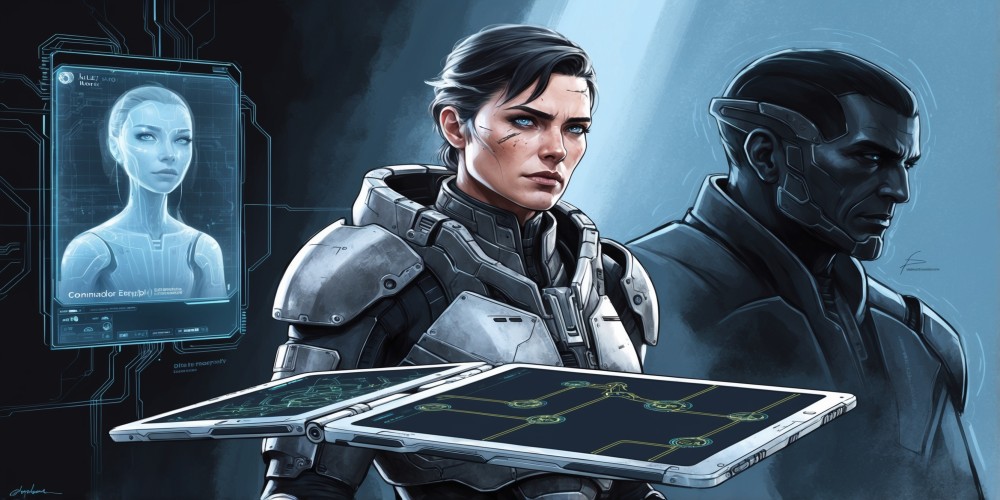
As I traverse the rich and immersive universe of the Mass Effect series, I find myself constantly grappling with the ethical dilemmas presented throughout the narrative. Each choice I make not only shapes my character but also impacts the fate of entire civilizations and species. The decisions I face are rarely black and white, and it's this complexity that makes my journey both challenging and thought-provoking.
The Moral Ambiguity of Choices
From the outset, I am thrown into a world where moral ambiguity reigns supreme. The various factions and species I encounter each have their own goals and motivations. I often find myself questioning whether I should prioritize the greater good or support the needs of specific individuals. The game offers dilemmas that force me to evaluate my values and principles against the backdrop of an ever-evolving galaxy.
The Complexity of Life or Death Decisions
One of the most gut-wrenching moments I recall is during the events of the first game when I had to decide the fate of the Rachni Queen. Saving her meant potentially unleashing a species that had once threatened galactic peace, while killing her felt like a betrayal of my values. In this moment, I realized the weight of my choices and the ethical dilemma of sacrificing one for the many.
loyalty Versus Necessity
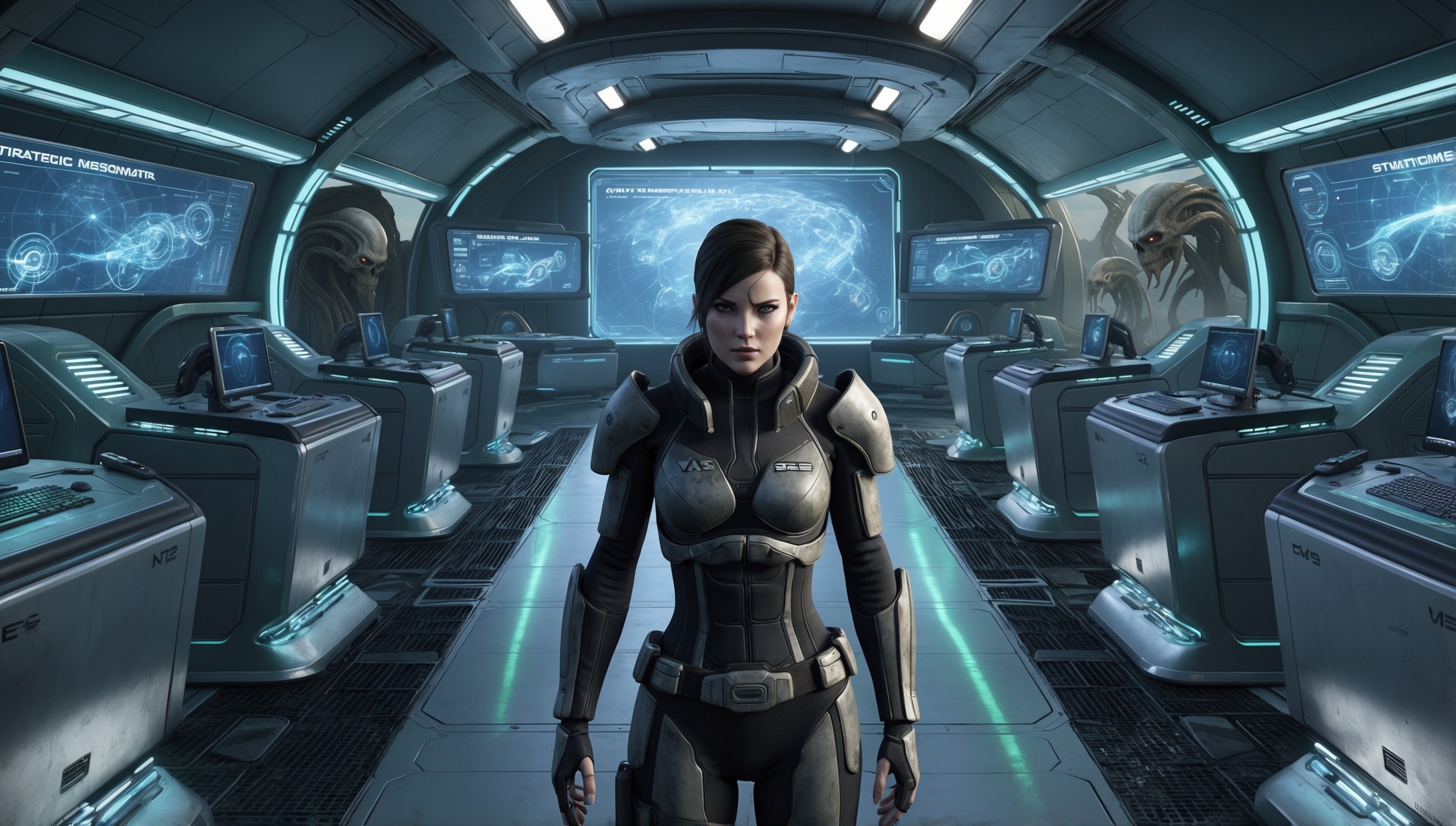 Within the series, I develop connections with a varied group of individuals, each possessing their unique history and ethical perspective. In “Mass Effect 2,” I had to weigh my loyalty to my crew against the necessity of making difficult decisions that could lead to their survival. The loyalty missions not only deepen my connection with them but push me to question whether my choices are based on trust or pragmatic needs.
Within the series, I develop connections with a varied group of individuals, each possessing their unique history and ethical perspective. In “Mass Effect 2,” I had to weigh my loyalty to my crew against the necessity of making difficult decisions that could lead to their survival. The loyalty missions not only deepen my connection with them but push me to question whether my choices are based on trust or pragmatic needs.
The Consequences of My Actions
Every decision I make echoes throughout the trilogy, leading to repercussions in both immediate scenarios and the larger narrative. I cannot help but feel the impact of my actions; a single choice can alter alliances, influence the struggle against the Reapers, and even determine who lives or dies by the end. The cascading consequences force me to think critically about my values and the ethical implications behind each decision.
The Role of Species and Prejudices
In Mass Effect, issues of speciesism and prejudice often come to the forefront. As a human Commander Shepard, I face a galaxy where long-standing tensions exist between races. It challenges me to confront my own biases while working to unify the different civilizations against a common threat. I often wrestle with the impact of my decisions on interspecies relationships and the broader implications they carry.
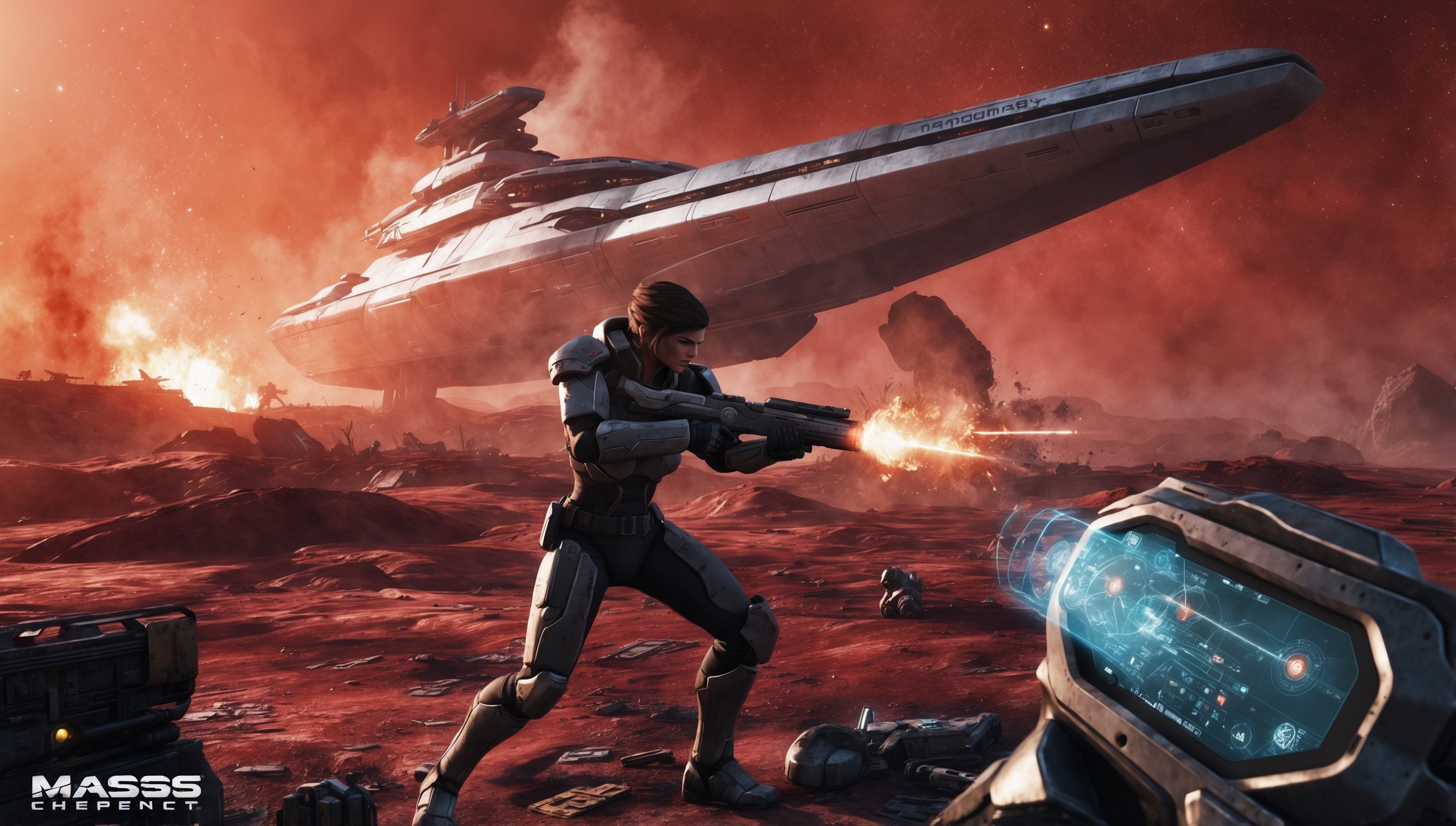
Artificial Intelligence and Its Ethics
The introduction of synthetic life forms such as the Geth and EDI raises significant ethical questions throughout the series. I find myself torn between utilitarian views of AI as tools of war versus their rights as sentient beings. My choices about how to interact with synthetic life force me to consider the moral ramifications of creating and controlling intelligent beings and their autonomy.
Activism and Rebellion
As I engage with the story, I often come across groups fighting for their rights, such as the Quarians and their plight for freedom from the Geth. Choosing to support a rebellion or standing against it reveals much about my character. Should I advocate for those who have been oppressed, or do I consider the wider implications of change? This ongoing question reinforces the idea that ethics are often situational, dependent on the context and the people involved.
Ambassador to the Galaxy
In numerous scenes, I find myself acting as an ambassador between various factions. The conversations I engage in are not merely tactical; they have ethical implications that can influence alliances and future conflicts. The responsibility weighs heavily on me, as I navigate the intricacies of diplomacy amidst conflicting interests. My communication must reflect not just the goals of my team, but the greater good of the galaxy.
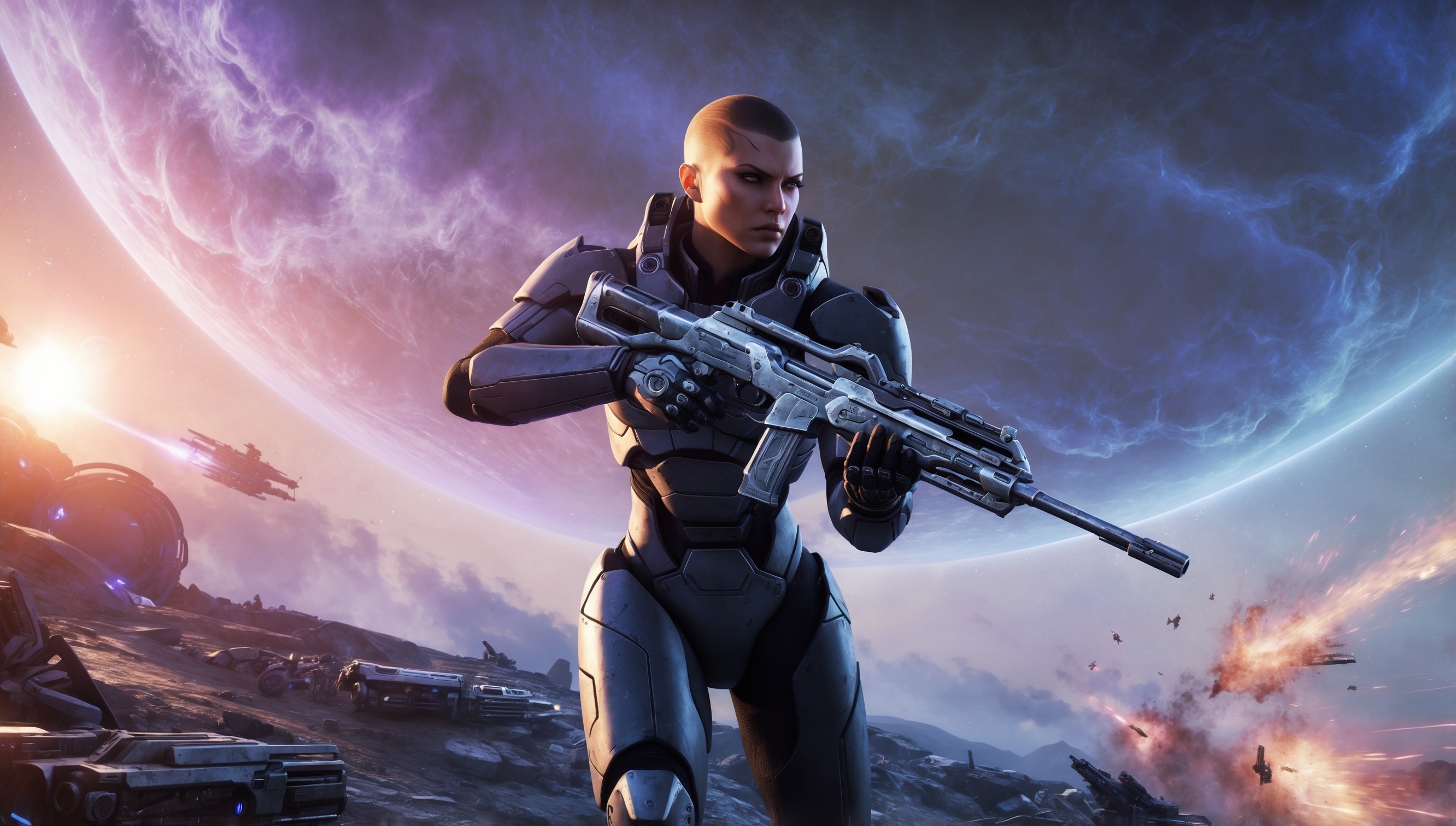
The Balance of Revenge and Justice
Revenge often tempts me, especially when faced with personal losses. However, I must balance this desire with a pursuit of justice. In "Mass Effect 2," the choice of how to handle a character’s betrayal poses a moral challenge. Do I seek personal retribution, or do I focus on a broader form of justice that includes redemption for others? This thematic tension reinforces the importance of my choices and their ethical bearings.
Sentient Rights in Conflict
When I encounter situations involving the treatment of sentient beings, the ethical questions become even more pronounced. The decision to spare or terminate individuals who exhibit sentience—whether they are Krogan warriors or mercenary leaders—forces me to reconcile my ideals of compassion with the harsh realities of warfare. How I choose to approach these conflicts reveals much about my character's moral spectrum.
Playing Savior or Tyrant
A recurring theme is whether I want to be seen as a savior or a tyrant. Each mission can either elevate me to a position of respect and admiration or lead to fear and resentment. I frequently feel torn between achieving harmony and exercising authority, aware that my choices can sway the equilibrium in one way or the other. This tension remains central to my ethical dilemmas throughout my journey.
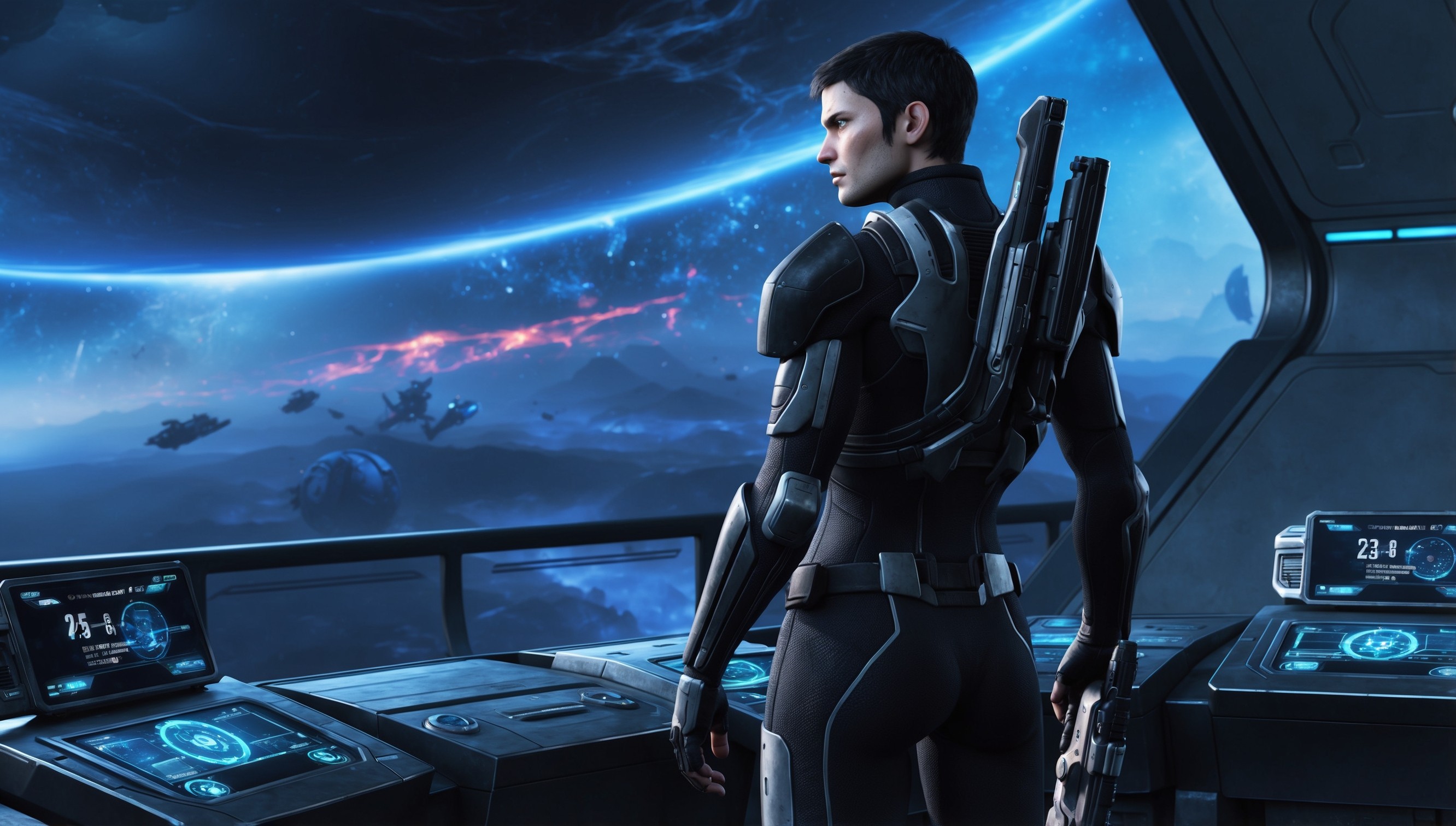
The Sacrifice of Innocents
As events unfold, I face heart-wrenching decisions that require sacrifices, sometimes involving innocent lives. Confronted with situations like these, I must evaluate the ethical implications of my choices. Accepting collateral damage for a victory can chip away at my conscience, placing importance on the moral integrity of my character over mere tactical gains.
Redemption and Forgiveness
The motives for redemption shape many characters’ arcs throughout the series. As I witness individuals grappling with guilt and regret, I'm presented with choices that invite me to either extend forgiveness or demand accountability. How I choose to handle these moments reflects not only my understanding of justice but also my capacity for empathy, reinforcing the ethical landscape I navigate.
Environmental Ethics and Consequences
In exploring the various planets and biomes, I cannot overlook the environmental implications of my actions. Missions often require destroying infrastructure or exploiting resources that affect entire ecosystems. My role as a Commander leads me to consider the broader ecological impact before committing to decisions that could reverberate beyond the immediate objectives.
Forging My Identity Through Choice
Each choice I make molds not only the narrative but also my sense of identity. As I balance the ethical dilemmas I face with the character I wish to embody, I become increasingly aware that my moral compass is a reflection of my own values and beliefs. The rich world of Mass Effect allows me to explore these themes deeply, as I construct my legacy with each choice.







